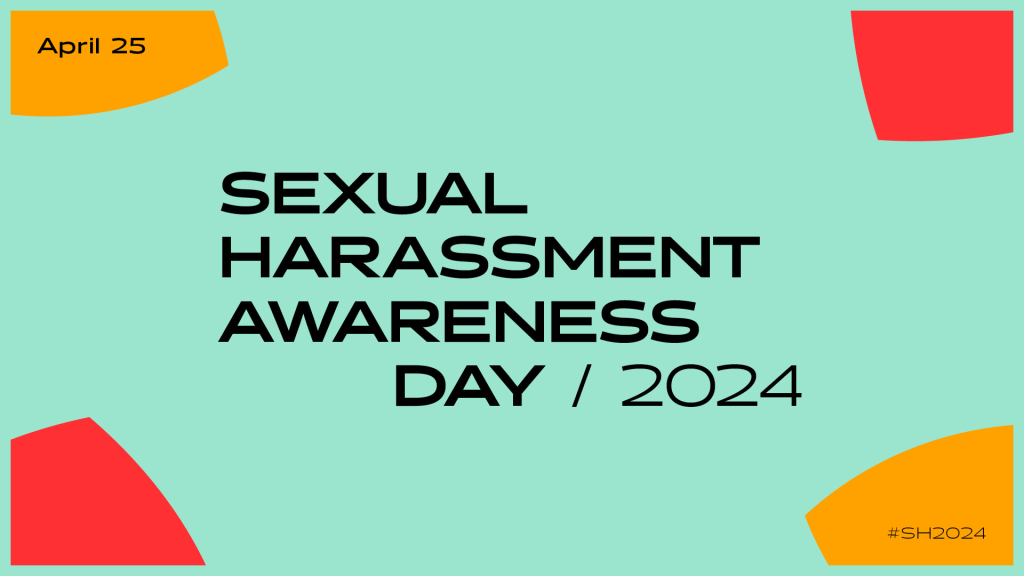Protecting personal integrity
At SFUVET, we are committed to respecting the dignity and protecting the personal integrity of all members of the university community. Working and studying here requires a climate of trust where everyone feels safe and respected. Treating each other with respect is an essential part of our open university culture.
We do not tolerate sexual harassment, sexism, racism or bullying in any form at SFUVET. We protect the members of our university community against inappropriate behaviour and will investigate any incidents rigorously. If you are affected by inappropriate behaviour, please report it to the legal services.
What is sexual harassment?
Sexual harassment includes any behaviour of a sexual nature that is considered degrading or unwanted and in which a person’s personal boundaries are disregarded and overstepped. Harassment manifests itself through one-sided behaviour and can be carried out using words, gestures or actions. Promises of advantages or threats of disadvantages can also be used as a means of exerting pressure.
There is a simple rule for determining whether behaviour constitutes sexual harassment or not: the key factor is the perception of the harassed person and not the intention of the harasser.
How can we distinguish between flirting and sexual harassment?
Flirting is a mutual thing that is welcomed by both sides. It is a flattering experience and can actually strengthen a person’s self-esteem. Sexual harassment, on the other hand, involves unwelcome advances made by one person toward another. It can be a humiliating ordeal that undermines a person’s self-esteem. While flirting respects personal boundaries, sexual harassment violates them (cf. Sexual harassment in the workplace – A guide for employees, 2007, State Secretariat for Economic Affairs SECO, Federal Office for Gender Equality FOGE).
What is bullying?
Bullying is a form of violating a person’s personal integrity. It describes systematic and prolonged behaviour towards other people that involves hostility, harassment or discrimination; the aim being to exclude the person affected. Examples include embarrassing someone in public, avoiding contact, withholding information and criticising without cause.
It is important to stop bullying as quickly as possible. Set boundaries by making it clear to the other person that you will no longer accept this sort of behaviour. Even if it can be very difficult and humiliating, we recommend confiding in someone as soon as possible or contacting the legal services if you feel or suspect you are being bullied. Bullying is generally a recurring and prolonged ordeal, so it is advisable to keep a record of all incidents.
